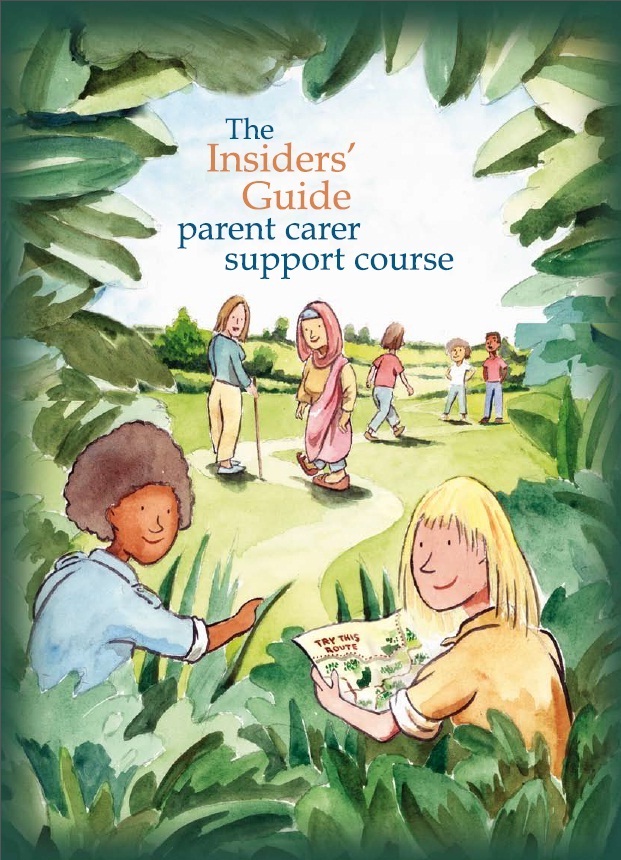Promoting resilience within, and through, the student:supervisor relationship may reduce levels of work related stress. Supervisors provide a ‘holding environment’, but constraints are often cited in the literature such as: lack of time, conflicting demands, workload issues and inadequate preparation that challenge this supportive role.
 [email protected]
[email protected]
In an age where binge drinking is rife amongst teenagers, not to mention self-harm, drug abuse, teenage pregnancy and poor sexual health, what is happening in our society and culture in terms of this notion of peer pressure which is hindering good peer support and healthy relationships?
In this research study participants of a boxercise class facilitated by a local Mind association explained how boxercise helped them to develop resilience and better psychological health.
We have summarised and critiqued the academic literature on school-based resilience approaches for young people aged 12 and up. The aim was to explain how and why these approaches do (or do not) work in particular contexts, and to present the results in a way that answered parents’ and practitioners’ most commonly asked questions.
An extensive review of resilience found some of the most important characteristics of resilience. An overview of the central characteristics may be a foundation for generating alternative ways of adjusting to the challenges of hardship.
A new national workplace resilience programme developed by The Resilience Space and the TUC aims to build resilience in workplaces. The session will look at what a trade union approach to resilience might look like and the important links between trade union education methods and resilience.
Sam and Claudia present their experiences of ‘collective resilience’, having successfully campaigned to make ‘stalking’ a separate law. They will look at the commonality of their own experiences, extreme fear, in some cases devastating loss. This sense of unity can also include understanding the profile of stalking perpetrators, whether they be ex-intimate partner or stranger stalkers.
Learners have an ‘acute need for positive mentoring’ and the quality of mentoring in early clinical experience can be a ‘make or break’ issue. SCPHN students enter the practice arena under the guidance and supervision of an experienced practitioner, known as a Practice Teacher .
This research challenges some common discourses on risk. It also contributes to theory building in relation to understanding protective processes, mechanisms, chain reactions and turning points which support the young men’s pathways to resilience, and resilience to reoffending.
